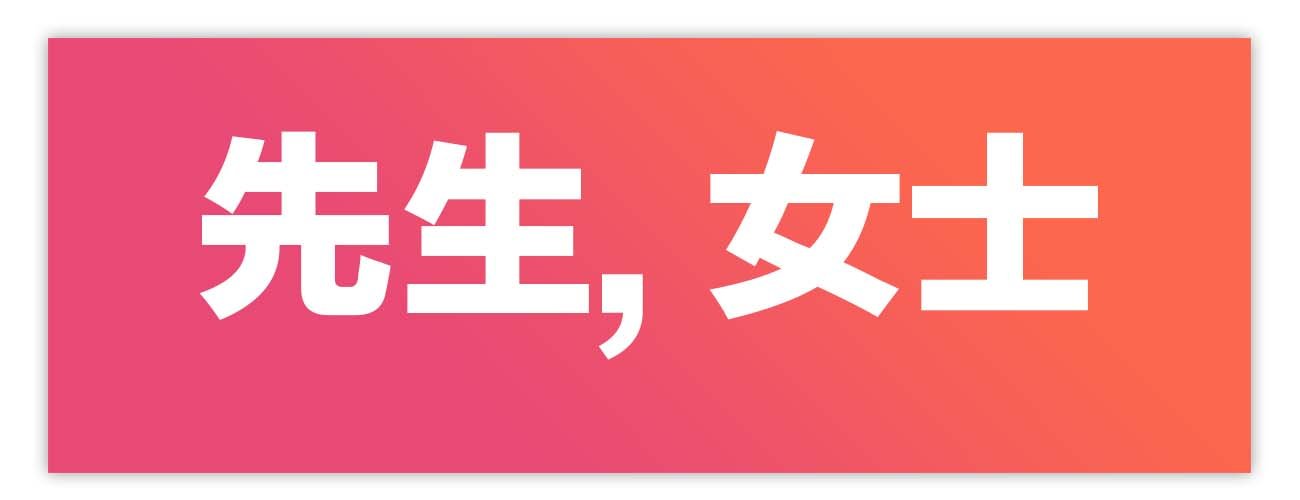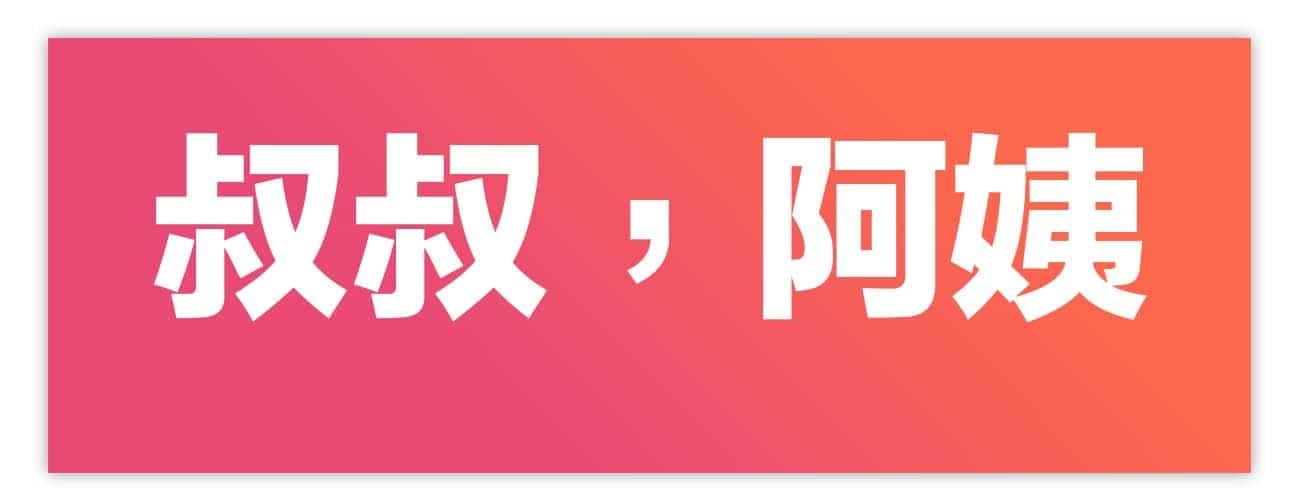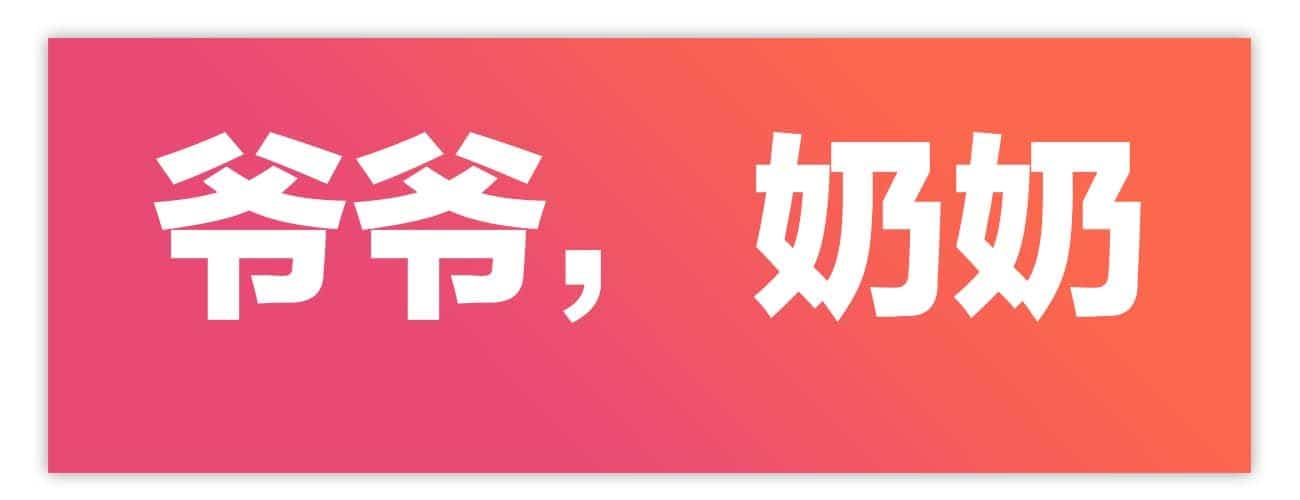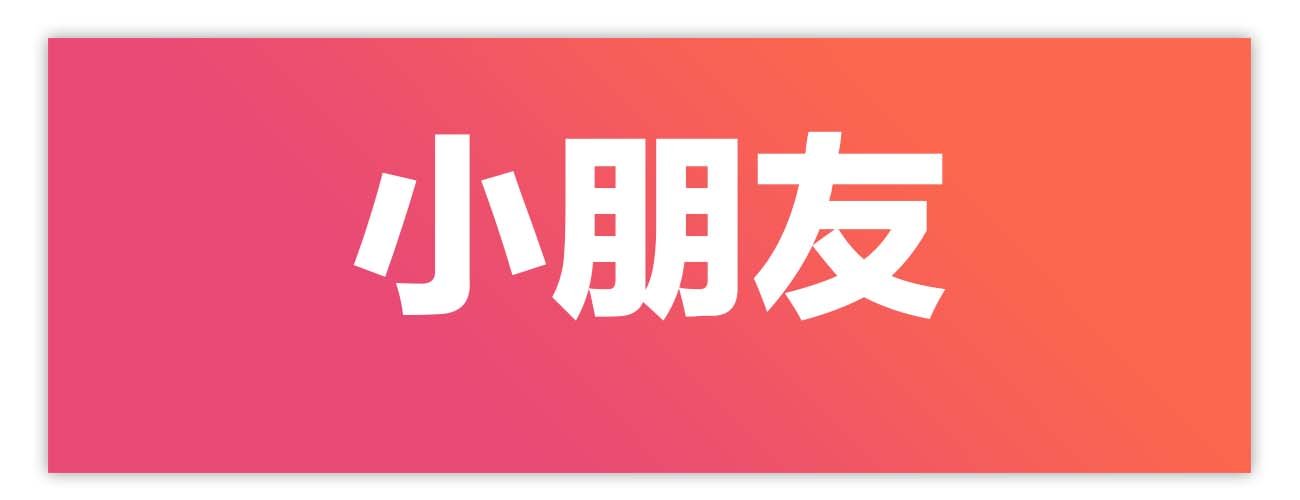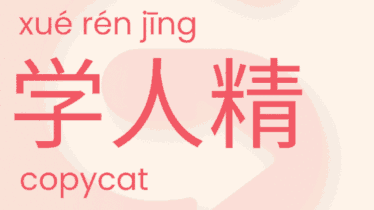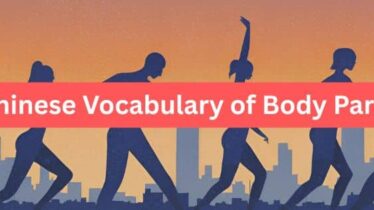How to address people in Chinese
In English you know ‘dude’, ‘Sir’, ‘Miss’, ‘Madam’, but how do you address people in the Chinese language?
Don’t ever address Chinese people with ‘pretty girl’ or ‘handsome guy’
Sometimes, beginning students (often male) step into the classroom and call their female teacher “měi nǚ”(美女: beautiful girl), and expected them to react by being flattered. But they are never. Chinese teachers will know you are learning a language and that you don’t know the full context of this way of addressing someone in Chinese: but it’s extremely cringy. Students, when explained to, will be confused because they know that “美女” literally means “beautiful girl”. And sometimes they will have amused some waitresses with these words.But it’s not an appropriate way to address young women in China.
Once you notice that “美 女” is used everywhere to address young girls regardless of your looks, you no longer take it as a compliment. Some people even find it flirtatious. In fact, we only use it as an alternative for more formal terms such as “xiǎojiě” (小姐: miss) and “nǚshì” (女土: Lady). “小姐” sometimes even connotes prostitutes. Not exactly complimentary.
Similarly, “shuàigē” (帅哥:handsome guy), is used to address any young man regardless of their looks, and despite 帅哥’s literal meaning. I’m not certain whether or not people are actually offended by being called 美女 or 帅哥 however these terms still might be considered awkward by some.
How to address people of around the same age
先生 (xiān sheng) equals to ‘Mister’, and you can address a man this way. You can add a person’s last name in front of it, such as: ‘早上好,王先生’. The female equivalent is 女士 (nǚ shì). If you know someone is married, you can even use 太太 (tài tai), and add the person’s last name (her own, not her husbands) in front of it: ‘麻烦你,周太太.’
How to address seniors in Chinese
The Chinese system to address people is complicated and can be confusing to foreigners. Similarly, Chinese people address strangers with terms we use for relatives to build closeness and familiarity. This sometimes confuses foreigners. Before a foreign student met with his Chinese girlfriend’s parents, his girlfriend told him that he should call her parents “shūshu” (叔叔: uncle) and “āyí” (阿姨: aunt). He felt so uncomfortable.
Even in public, we always call men of our father’s age, 叔叔 and women of our mother’s age, 阿姨.
For some seniors, it’s easier to keep a conversation casual and pleasant if you address them as “yéye”(爷爷: grandpa from father’s side) or “nǎinai” (奶奶: grandma from father’s side).
How to address children
Instead of addressing children as “érzi”(儿子: son), “nǚér”(女儿: daughter), or “háizi”(孩子: kid), you can address them as “xiǎopéngyou” (小朋友: little friend).
If you’re not sure…
If you’re not sure how to address someone, play it safe and use “nǐhǎo”(你好: hello) as my omnipotent term to attract people’s attention!
More reading: How to greet someone in Chinese

